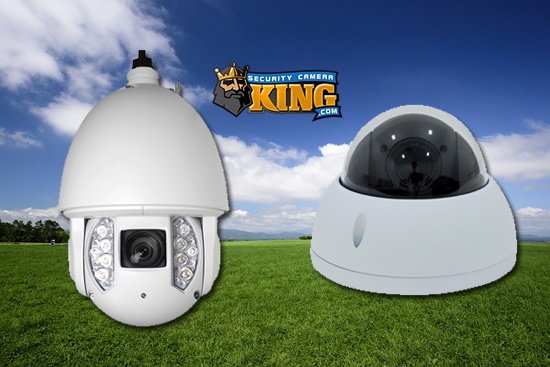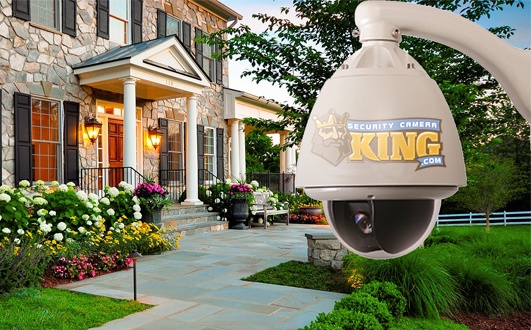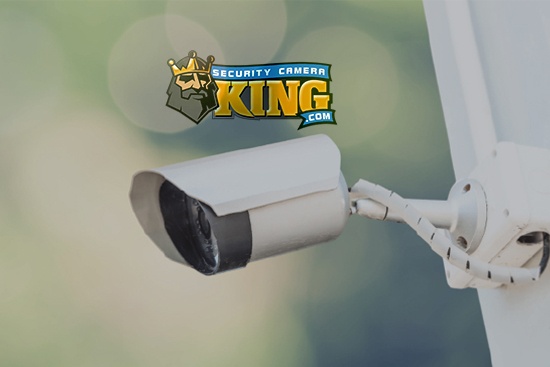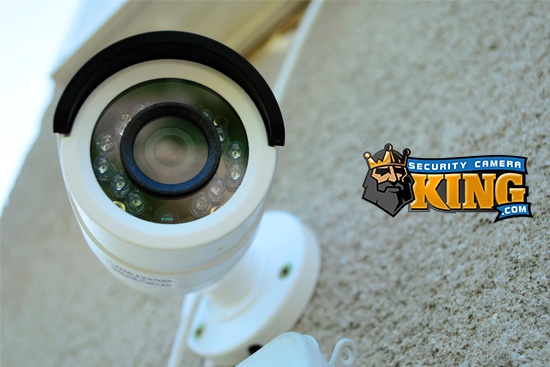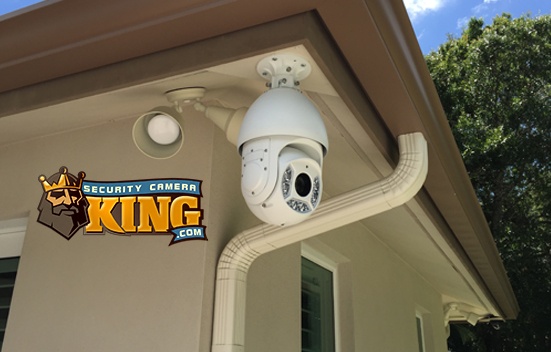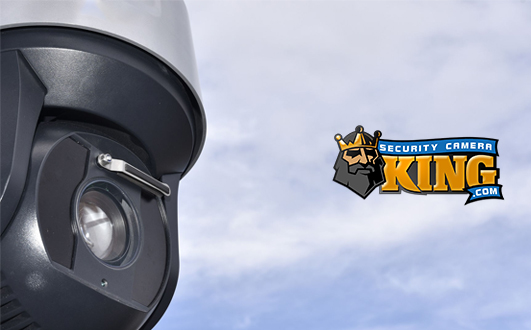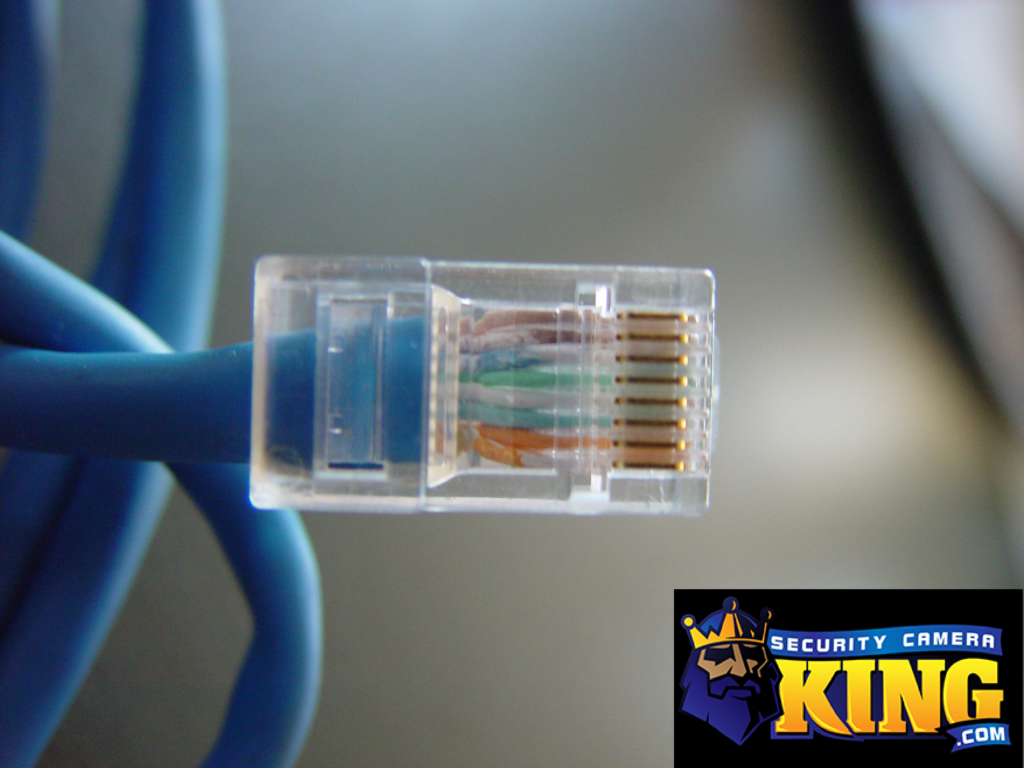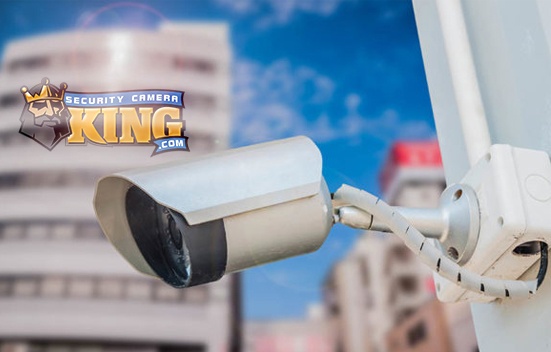Five Common CCTV Terms by Security Camera King
SCK is Here today to bring you an article covering five common CCTV Terms yoyu may or may not already have familiarity with. We know with all of this jargon floating around, some concepts can get mixed up, intertwined, and even become confusing. Some CCTV terms are still used a lot even though they might be a bit out of date, others are totally obsolete, and some are so new they sound totally foreign. It can often be difficult to keep track of what means what, or what’s even still used. Today we’re going to run through some of the most relevant, and Common CCTV Terms. The goal is to provide insight to those who might be new, and a refresher for those who have been in and out of the CCTV field.
Five Common CCTV Terms – CCTV
The first of our five common CCTV terms is in fact “CCTV. CCTV is short for Closed Circut TeleVision. The idea behind this term is simply to classify the field of security cameras under a shorter name. Breaking down that term, TeleVision as you know is simply the ability to video full-motion video on a screen from a location or source elsewhere. Closed-circuit means that the video feed is privatized, and not accessible from public sources. Unlike classic television or modern digital TV and streaming, a Closed-circuit television video feed is only available to those with access to it through a network and/or Recorder. CCTV is used almost exclusively for security cameras, however, there are some other examples of CCTV not used for security. Many schools have a morning news or announcements system that’s internally televised. This is also technically a form of CCTV, not used for security purposes. Many offices or installations used to use Video Conference systems before the advent of tablet and PC tech made video calling much more common and convenient. This would have been another form of CCTV that isn’t used for security.
Five Common CCTV Terms – IPC
IPC is the second of our Five common CCTV terms. You’ll see the term IPC used in today’s CCTV world now more than ever. IPC is short for IP Cameras. Likely you know what a camera is, but what’s the IP part stand for? Well the IP moniker indicates that the camera uses computer networking in order to communicate its data by way of having an Internet Protocol (or IP) address. IP Cameras or IPCs are taking over as the dominant form of newer installations for CCTV Systems. Most IPCs also receive their power via the same networking cable, by way of the next of oru five common CCTV Terms, POE. Check out our article and video Below, 5 Reasons to Go with IPCs, and our Selection of IP Cameras!
Five Common CCTV Terms – POE
Very much related to the IPC world, POE, or Power over Ethernet has become more than just a common term. In fact, almost all IPCs in the field today are powered by some varied form of POE. We recently did a video and article on Standard POE, which we encourage you to watch for more info. Coming soon, we’ll also have info on two additional types of POE; ePOE which increases POE’s distance limit, and POE+ or Hi-POE which increases the power limit!
Five Common CCTV Terms – RECORDER
In the CCTV world one of the most important goals is to record the footage within that CCTV network, be it digital or analog, computer network, or over COAX. The best way to do this is to use a Recorder. A recorder is a device designed to accept incoming CCTV footage and write it to a hard disk(s) for the purpose of viewing or exporting later. Recorders are so much more than that though, as they also act as central management stations for the CCTV system. From a recorder, you can adjust the camera’s quality settings, control motion detection, and intelligence triggers, set up networking settings to allow for IPC communication and/or remote viewing. Recorders come in two main types today, Digital Video Recorders or DVRs, and Network Video Recorders or NVRs. DVRs work with COAX cameras and many hybrid DVRs can also accept IPCs as well. NVRs exlusivley work with IPCs. There are more differences between these types of recorders, so be sure to check out our Article and video on the difference between an NVR and a DVR.
Article
Video
Our DVRS
Our NVRS
Five Common CCTV Terms – COAX
COAX is just a shorthand for Coaxial Cable and is one of many very common CCTV Terms. Saying a camera is a COAX camera is simply saying that it is not an IPC, and needs to use an Rg59 COAX cable is to transmit its video data. This data is sent digitally back to a modern DVR. There, the DVR encodes the incoming video signal and records it to a disk. COAX CCTV equipment has been around a lot longer, but is still viable and used in many locations today. Check out the links below for an article and Video on 5 reasons to go COAX, as well as links to our COAX cameras!
Article
Video
Our COAX Cameras
Thanks for joining us today as we talked about 5 common CCTV terms! Well be posting more Terminology articles here soon, so stay tuned. Check out the additional links for more info on some of these ideas! For any questions on product compatibility, availability or any other information don’t hesitate to give our Sales Pro’s a call at 561-288-5258 . Don’t forget to subscribe to our YouTube Channel for more Tutorials and CCTV info. Until Next time, Stay Safe!
Related: What’s the difference between DVR and NVR?
Related: What’s the difference between H264 and H265?
Related: IP PTZ Security Cameras – All There is to Know
Related: Resolution, and why does it matter?
Related: What are active deterrence cameras?
Find Us On: Facebook | Twitter | YouTube


